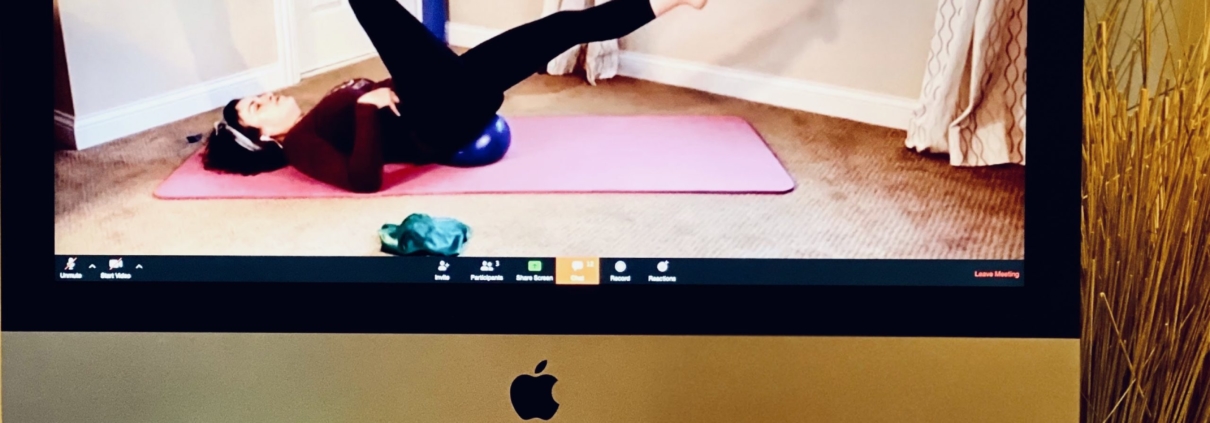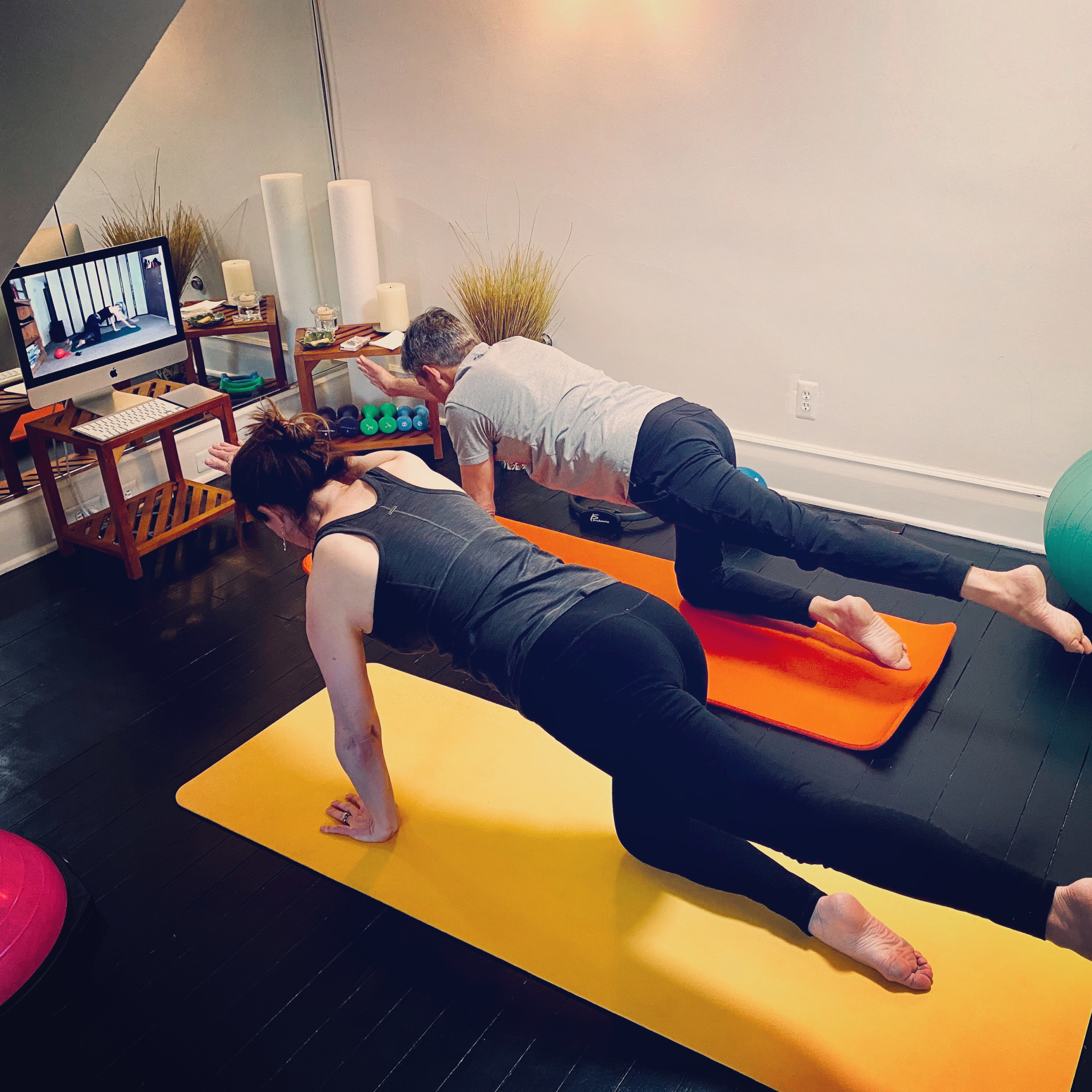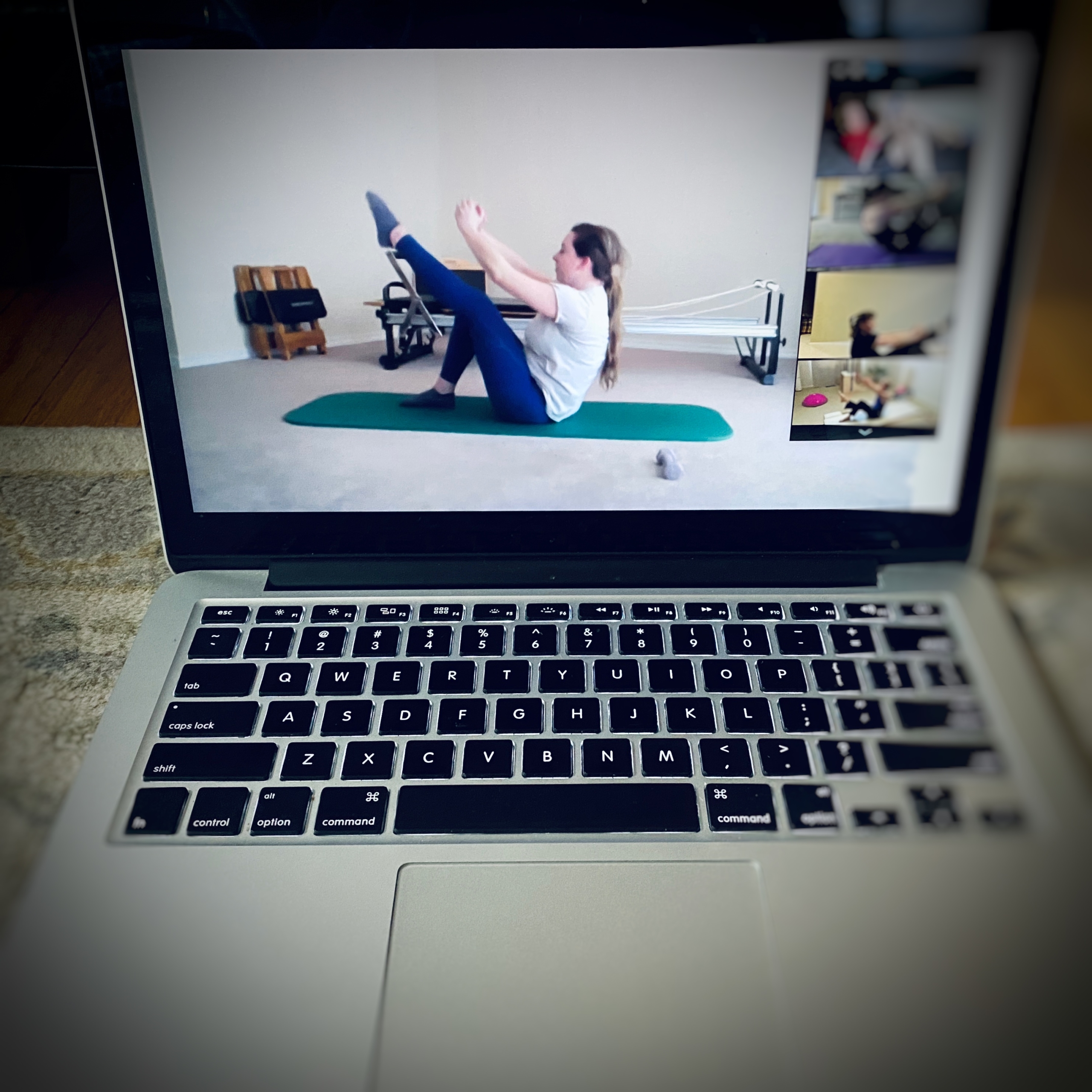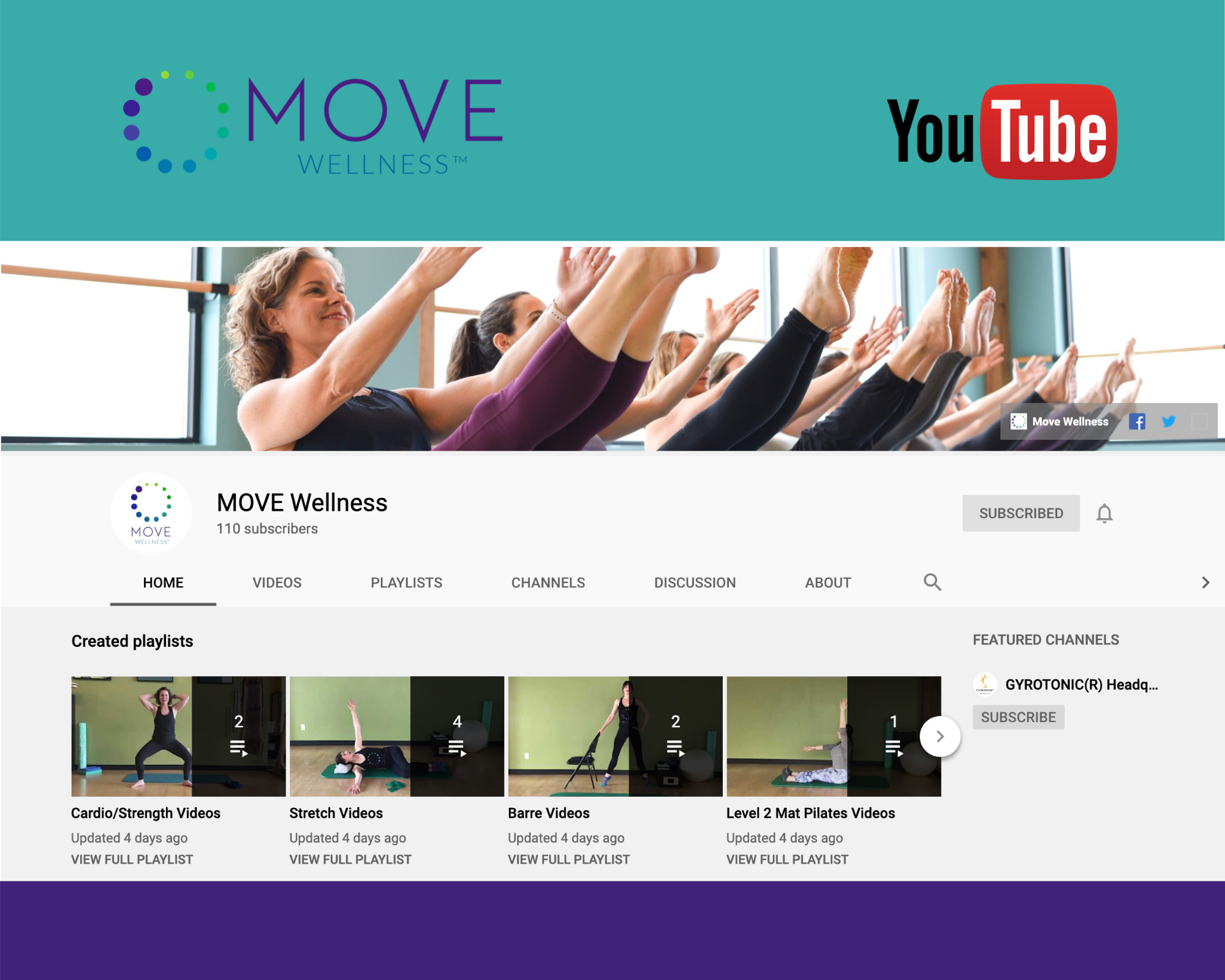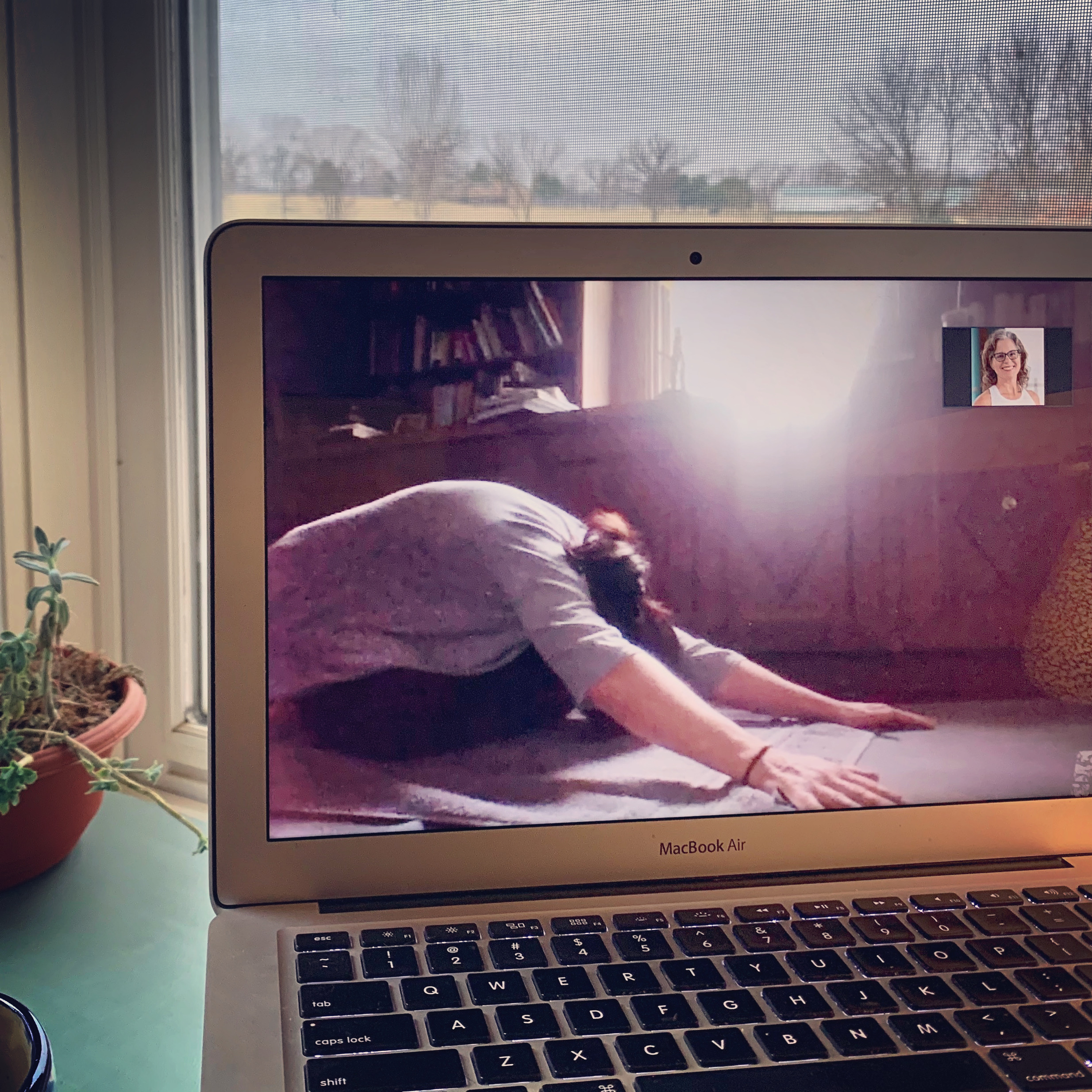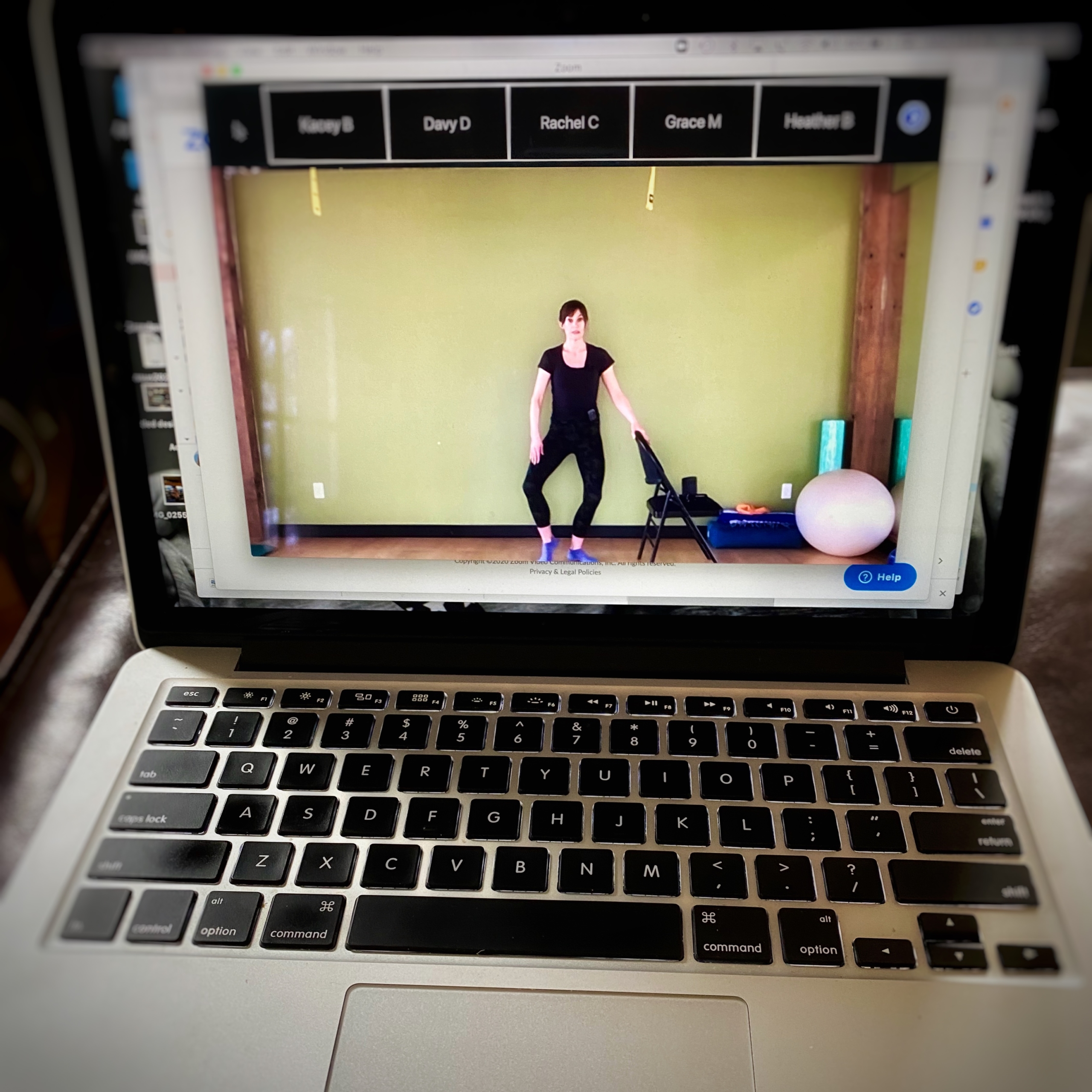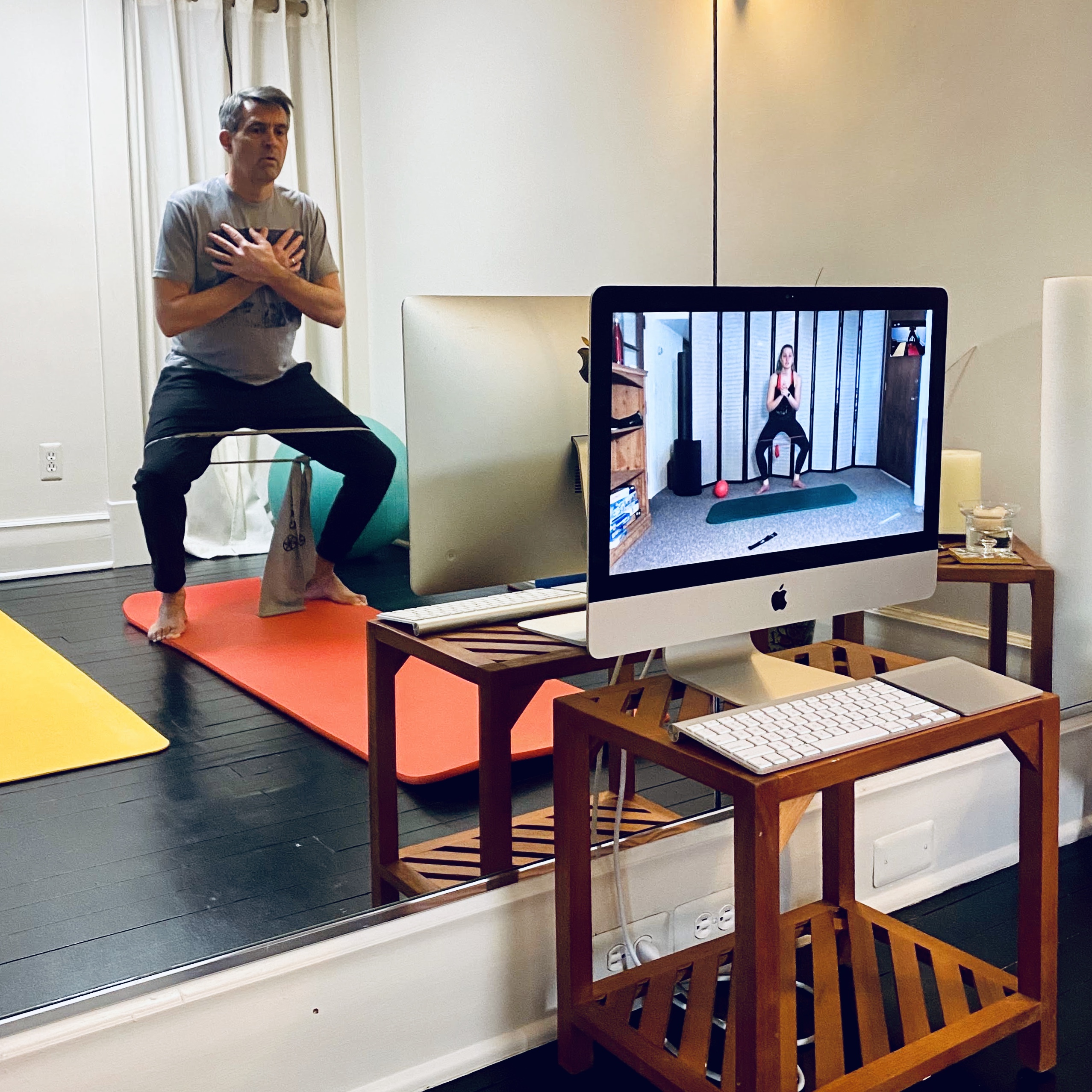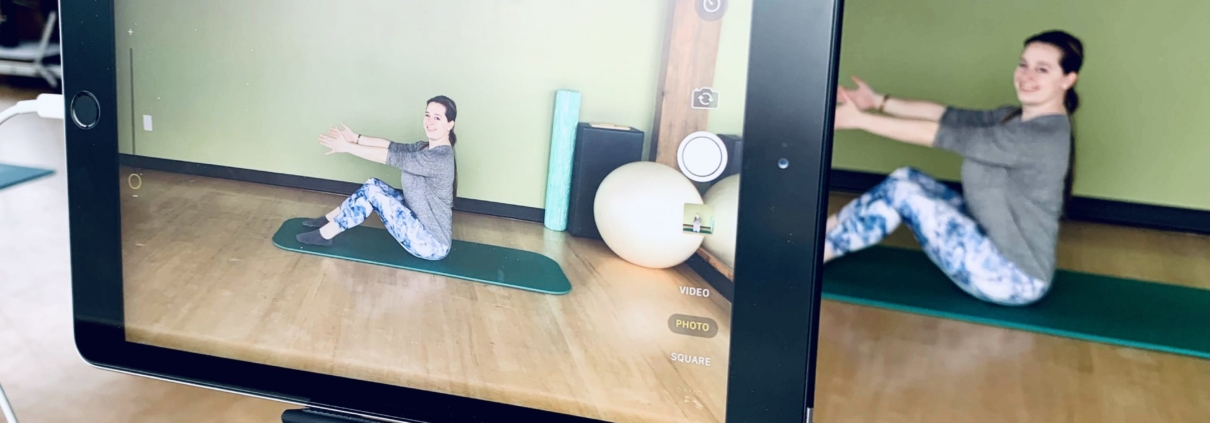Originally published on All About Ann Arbor (A4) February 2019, and updated July 2020.
Health experts are saying “sitting is the new smoking” for good reason. Try these exercises and stretches for people who sit all day.
There is mounting evidence that suggests the cumulative effects of sitting, either at a desk all day or because of a sedentary lifestyle, can have a negative impact on health. In addition to musculoskeletal issues, people who sit all day are more likely to suffer from obesity, diabetes, cardiovascular issues, metabolic disorders, cancer and early mortality.
Exercising every day may not be enough
Say you ride your bike to and from work, but sit for most of the day at work and log a couple of hours on the couch in the evening. Some researchers call this the “Active Couch Potato” and stress that even though you might be reaching your daily exercise quota, it doesn’t outweigh the “deleterious health consequences of prolonged sitting time.”
The call to MOVE more
Simply put, our bodies are not meant to be still for long periods. I know I am oversimplifying, but I think of it like this: The body is a comprehensive system which operates on the basis of circulation to stimulate the various systems and tissues to keep you healthy. Circulation is stimulated by movement. When our hearts beat faster, we increase circulation, and when we are still, circulation slows down (sort of like when your hand or foot “falls asleep”).
These are two extreme cases, but imagine your liver or kidneys slowing down from poor circulation. Now imagine that cumulative effect over months or years and it’s easier to see how our “system” for optimal health can be compromised by being sedentary.
Taking frequent movement breaks is one part of the answer. Current recommendations vary from moving once every 20 minutes to once every hour at a minimum
Genetic vs. cultural posture (A.K.A. Ouch, my back hurts!)
As a Pilates and GYROTONIC® Exercise trainer, I see the impact of prolonged sitting on the human body all the time. At my studio, one of the first questions we ask clients when they meet us for the first session is how long they sit. If we know that they’re sitting the majority of the day (or standing with bad posture), we expect to hear and see some or all of the following effects of sitting too long:
- Low back pain from the compressive forces on the spine and the position of the pelvis while seated.
- Shoulder or rotator cuff issues from “computer posture” pulling your shoulders forward and changing the alignment of the shoulder joint.
- Neck strain from alignment issues in the spine and adjusting the eyes to see a screen or phone.
- Weak muscles in the upper back from “computer posture.”
- Tight and short hip flexors, which can play a role in low back pain.
Each of us has a unique skeleton, which I call our “genetic posture.” Our genetic posture plays a role in the impact of sitting on our skeletal muscles and alignment. If you combine this genetic posture with our “cultural posture” or lifestyle (i.e. what we do all day and love to do for movement) you can see that creating a movement plan unique to you requires some intentional planning and understanding of yourself.
A three-step solution to sitting too much
1. Reduce
Think honestly about how long you sit each day. Include car trips, commuting, desk time and end-of-day relaxation. See if there are natural ways to break up the time you spend sedentary, and then decide how often you will commit to getting up and moving around. Add reminders in your phone or computer.
If you’re an evening sitter, perhaps you add one small movement activity then. Here in Ann Arbor, there’s no way an evening walk appeals to me in winter, but I commit to moving around my home more. If I can, I schedule a couple of extra evening exercise classes each week until the weather warms up.
2. Strategize
Focusing on some key areas of your body with specific exercises can help you mitigate the effects of sitting on your spine, shoulders, hips and back. Below are simple stretches that are safe to repeat throughout your day to help keep your postural muscles active and your body balanced. Be sure to include a well-rounded workout routine that includes mobility, strength and cardio-training.
3. Vary
Vary your position throughout the day. If you can, stand (with good posture!) for part of your work day and shift your weight gently to keep moving. You may love to do something like running, dance, yoga or walking, so bring more of it into your life. If movement is tough because of an ache or a pain, see your doctor to get some support. Quite often, adding a regular mindful movement program like Pilates—which builds mobility, flexibility, and strength—can help you unravel your issues and keep you safe and injury-free.
Easy Activity Breaks After Sitting Too Long
We’re sharing a short video with 9 exercises perfect for maintaining movement throughout your spine. Once you are familiar with these exercises, you can effortlessly vary your routine. Use the exercises separately to insert feel-good breaks for your mind and body as needed throughout the day. Be sure that one or more of your daily breaks includes a brisk walk!
Positive effects to last a lifetime
Taking time and care to move during the day will create positive effects over a lifetime and help you continue to be active in ways that you love. Ready for more? Visit our YouTube Channel for a variety of workout options or register for one of our livestream classes.
MOVE Wellness can help you improve mobility, flexibility and strength. You can start now with an in-studio introductory session or a free trial of our livestream class offerings.
Elaine Economou is co-founder, President & CEO of MOVE Wellness Studios Fitness & Wellness, located in Ann Arbor, MI. Elaine holds certification through the Pilates Method Alliance, STOTT PILATES and the GYROTONIC® and GYROKINESIS® Methods. She has received additional training as a Wellcoaches™ trained Wellness Coach and TRX Suspension Trainer and Total Barre Instructor.



